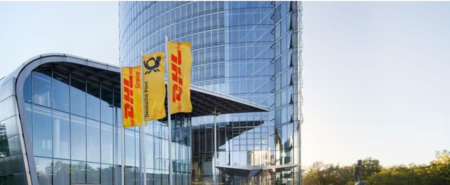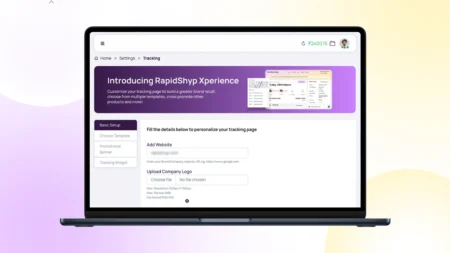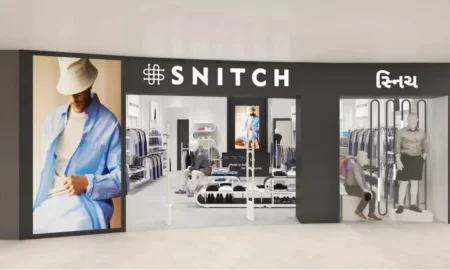Ecommerce firm Meesho is gearing up to host its biggest festive sale event, joining the battle along with Amazon and Flipkart to woo shoppers. The SoftBank-backed firm is expecting 80% of its orders to come from Bharat, or rural India, which includes small towns and cities.
Meesho’s ‘Mega Blockbuster Sale’ starts on September 23 and will coincide with Flipkart’s ‘The Big Billion Days’ and Amazon’s ‘Great Indian Festival’. Meesho said its sale event this month has been meticulously curated based on its deep understanding of the consumers. This includes their needs, aspirations and buying patterns during the festive season.
“Meesho continues to strengthen the focus on users underserved by traditional e-commerce companies,” said Utkrishta Kumar, CXO-Business at Meesho, in an interview. “The festive sale gives Meesho a great opportunity to further its mission of democratising internet commerce in India. We are primarily focused on building and solving for Bharat as we want to bring consumers and sellers from the deepest and farthest corners of the country.”
Meesho would have over 65 million active product listings across 30 categories. While fashion will remain the mainstay, the firm is expecting a strong surge in home and kitchen, furnishings, consumer electronics, and accessories. The firm said more than 70% of the products are found only on its platform. Overall the firm said the products on Meesho are about 15-20% lower in price compared to other platforms.
Kumar said sellers will continue to reap the benefits of initiatives like zero commission and zero penalty. This will maximise their earrings from the festive season. Indeed, newer players like Meesho ($5 billion gross merchandise value) are winning the faster-growing Tier 2/3 cities where Amazon has struggled to gain traction given low pricing and ‘zero commissions’ says a report by US-based research group Bernstein.
The Bernstein report said while India has three dominant players–Amazon, Walmart-Flipkart, and Reliance’s JioMart–the market remains quite fragmented with meaningful market differences by market tier, product category, and distribution models. Amazon leads in core categories (consumer electronics, media) and has done quite well in Tier-1 cities with about 5 million prime subscribers. Reliance leads in e-grocery/O2O (online-to-offline) categories with 15,000 store retail footprint and a stronger 1P (first-party relationship) model. Flipkart has maintained leadership in apparels with about 2x the size of the nearest competition, according to the Bernstein report.
“We see strong traction in engagement metrics for new player Meesho targeting the value end of e-commerce (focus on Tier-2+ markets),” said the Bernstein report. “Meesho is differentiating by not charging commissions.”
Meesho does shipments through third-party logistics (3PL) players such as Ecom Express, Delhivery and Xpressbees. It has seen about 2.5x growth in monthly active users, which reached 127 million MAUs in August this year from 50 million in August 2021. The growth of registered sellers is about 3X or over 7.72 lakh in September this year from 2.5 lakh in October 2021. There has been about 4X growth in active product listings or 65 million this year compared to 16 million in October 2021.
“The scales achieved here will have a significant bearing on the upcoming annual flagship sale as well,” said Kumar.
The firm is also bringing in various technology interventions that would help it to handle the scale of business this festive season. For instance, with a compressed app size of 13.6MB, it is able to cater to new consumers, with a majority of users coming from tier 2 cities and beyond. The company’s focus on both customers and sellers in tier 2+ markets makes it crucial for the app to function on low-specification devices. “This will continue to play a pivotal role during the festive sale as well,” said Kumar.
Meesho has further improved the feed ranking algorithms to help fuel the discoverability of hyper-local products on the platform. There is also proactive planning for accurate inventory recommendations. This would help sellers improve their inventory planning — stock, re-stock and unstock. The firm has also strengthened its regional foothold by adding eight new vernacular languages to the app. These include Bengali, Telugu, Marathi, Tamil, Gujarati, Kannada, Malayalam and Odia.
“We have also created virtual war rooms to discuss, resolve, and reflect on opportunities and challenges in real-time while ensuring seamless collaborations across the board,” said Kumar.
Source: Business Standard











